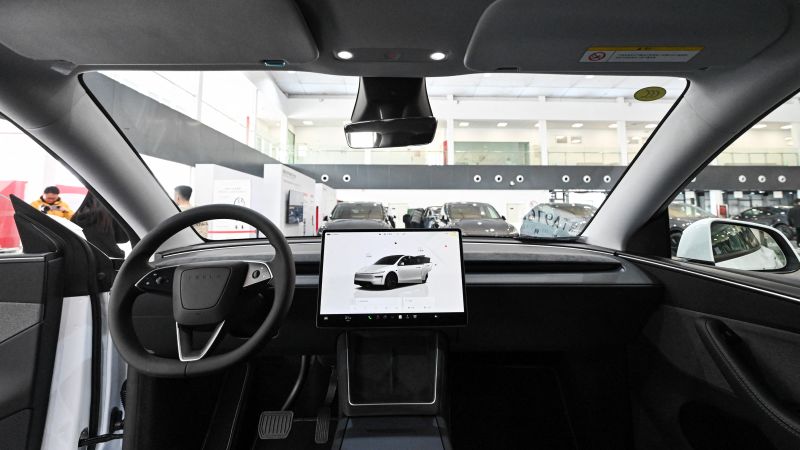Elon Musk, widely recognized as the world’s richest individual, finds himself at the center of various business opportunities that span across continents, particularly in Asia. From TikTok collaborations to partnerships with Nissan, his name is frequently mentioned in potential deals, illustrating his influential presence in the business arena. However, this interest in Musk goes beyond any perceived inherent talent to generate wealth; rather, it is his close affiliation with high-profile political figures, including former U.S. President Donald Trump, that attracts investors. His role as the leader of the Department of Government Efficiency (DOGE) adds another layer to his significance in the eyes of potential partners.
The current international climate, characterized by heightened tensions between the United States and China, presents a unique scenario for Musk. He is perceived as an enigma, able to maintain close ties with the governments of both Washington and Beijing. There are factions within China that regard him as a potential cultural and business bridge, a facilitator of communication between two nations often at odds. However, while Musk’s relationship with Trump may open doors for various lucrative projects, it also poses challenges. This is particularly evident in Musk’s attempts to launch Tesla’s “Full Self-Driving” (FSD) technology in China, which is crucial to his operations in this burgeoning market.
Isaac Stone Fish, CEO of the business intelligence firm Strategy Risks, emphasizes the pragmatic nature of the relationship between Musk and Chinese authorities. According to him, the Chinese government holds considerable power over Musk and Tesla, which raises concerns about the dynamics of their negotiations. Reports from the Financial Times indicate that Chinese officials are considering whether to withhold Tesla’s FSD license, using it as leverage in broader trade negotiations with the United States. This potential delay highlights how regulatory approval in China can become entangled with diplomatic and economic relations.
The implications of not securing FSD approval are significant for Tesla. If successful, this launch would offer a much-needed competitive edge in an increasingly cutthroat market, marked by aggressive price wars. Tesla’s market share for new energy vehicles in China has seen a decline, accounting for merely 6.1% last year compared to China’s BYD, which dominated with 32.5%. The dire necessity for Tesla to expedite the introduction of its FSD technology is amplified by BYD’s recent introduction of its advanced driver-assistance system across a wider range of its vehicles, making advanced features more accessible to the average consumer.
Despite these challenges, there’s historical precedent that showcases Musk’s ability to navigate complex environments. After all, the Shanghai Gigafactory, which opened in just ten months in 2019, marked a significant achievement and demonstrated Tesla’s capacity for rapid expansion in China. The recent establishment of a “Megapack” factory adjacent to its existing facilities underscores Musk’s strategic foresight, claiming economic and political support as the backbone of these accomplishments. This kind of backing may indeed facilitate Tesla’s operations despite the inherent challenges it faces in the realm of government regulation.
Chinese scholars have noted Musk’s favorable standing within both U.S. and Chinese circles, which could serve as an important asset in diplomatic negotiations. Some experts point to his unique position as not only a business leader but also a potential envoy for improved Sino-American relations. His direct relationship with prominent figures, such as President Xi Jinping, suggests that he could play a pivotal role in encouraging more personal connections between the two nations.
Nevertheless, skepticism persists regarding Musk’s influence on Trump’s foreign policy toward China. Trump’s administration has pursued stringent tariffs on Chinese imports and employed various measures aimed at limiting trade with Beijing. Hence, while experts believe Musk could facilitate constructive dialogue, the broader political landscape may still render substantial challenges to fostering a cooperative relationship.
In conclusion, Musk’s dual affiliation with American and Chinese political landscapes adds a fascinating layer of complexity to his business endeavors. The billionaire’s potential to serve as a bridge between these nations is marred by a web of political tensions, regulatory hurdles, and an intensely competitive market. As Tesla seeks to maintain its footing in a rapidly evolving landscape, Musk’s unique position might prove equally advantageous and detrimental—as the interplay between commerce and diplomacy unfolds in real-time.



